Any uneaten food has its own experience, and this describes everything that begins even before you bought it. Let’s take the tomato example; it travelled through an entire journey that includes, farming at a field, watering, packing, shipping, and finally, being placed on a shelf where you can grab it from. If this hands up in a trash can, then all of the things mentioned above, becomes useless. Although, sustains carbon footprint.
food that isn’t put to use is the same energy that wasn’t actually put to use as everything wrapped around it was spent on transport, using electricity for storage, pouring water for irrigation and even working during the entire cultivation period. Moreover, food wastage also serves as a pointer. Sometimes not paying attention has its drawback, but for food, which is taken for granted, we all know waiting doesn’t serve the purpose and when it becomes overdue, becomes more miserable.
At the disconnect of food waste issue lies the root causation of intention versus action debates concerning one’s being. Hopes which are built alongside with the optimism are met with unorganized mess. In contradiction to that, appetites and schedules make up for life. What was earlier categorized as a sensible purchase, demoted to nothing more than tossing receptacle at the end of it all.
Why We Waste More Than We Think
It is possible that you do not pay attention to the amount of food that you are wasting. A half-eaten carrot here, a skipped yogurt there. These actions may seem small but they do add up. One week blends into another and before long, your trash is overflowing due to all those bad decisions.
Sometimes it is not neglect. It could be a lack of understanding. Perhaps you glanced at the label and did not understand what “best before” meant. Perhaps you questioned the safety of something that smelled fine but was past the expiry date. Most of the labels we see are never clear and most of us err on the side of caution which breeds a whole lot of waste.
Or perhaps you found yourself starving when doing your groceries which is a mistake a lot of people make. You daydream about a version of yourself who spends all week cooking homestyle dinners only to realize they forgot to account for leftovers. Then you get to the weekend and takeout sounds heavenly. You eventually reach the point where that spinach never stood a chance.
Reimagining Food As Connection, Not Commodity
Let us take a breather. Recall the first time you interacted with food in any meaningful way. Perhaps it was a family gathering, a festive get together, or a certain dish only your grandmother prepared. Food has never only been sustenance. It’s sentiment. It’s society. It’s history.
When we buy food and treat it like an ordinary item, we sever the bond. Additionally, treating food like a disposable item creates a gap in the attention and care that is needed to nourish oneself. Not wasting food is not about trying to be complicated in all aspects of life—but rather, recalling what food is and where it originated from and what was invested to bring it to your fingers.
The Hidden Impact Of The Trash Can
Disposing of food doesn’t make it vanish, instead, it shifts the problem. When food is disposed of in landfills, it decomposes without oxygen and produces methane, a greenhouse gas that is significantly more harmful than carbon dioxide. What seems like an innocent act in the kitchen slowly deteriorates the environment elsewhere.
In this case, the positive implication is that most of the food waste comes from home kitchens, meaning most of the solutions can also start at home. It’s not in corporate boardrooms or in government offices; it’s found directly in your fridge.
Cooking With Intention And Simplicity
Now let’s dive into cooking—not as an act of performance, but as a moment of presence. It’s not a burden to look into your fridge and see ingredients that need love, rather it is an invitation. An invitation to be mindful, to be creative, and to give life to things that would have otherwise be wasted.
No, you don’t need to be a chef, nor do you need to own expensive gadgets or exotic spices. All you really need is a dollop of curiosity. What if this half onion was put to use? Or the tired looking broccoli could go for a roast instead of the trash? Every time you cook with what’s already in the house, you’re stopping waste before it even begins.
Get into the practice of working with what you already possess. Rather than planning meals around shopping, do the reverse. Check your cupboards first, then decide what you can make. Transform constraints into creativity. That isn’t sacrifice – it’s skill.
Changing Habits One Meal At A Time
It’s so easy to think that lowering waste will necessitate drastic changes to one’s life. But often, it’s the tiny shifts that count. For some, it could be as simple as starting to freeze those leftovers. For others, it might mean serving themselves with a little more thought. Or maybe it’s serving only what they can eat without the need to cook for a large imaginary gathering.
Consider your freezer as a pause button – it doesn’t erase food, it just gives you time. Added too much rice to the pot? Freeze it. Leftover soup? You can freeze that too. It is not waste; it is a gift to your future self.
The focus is not on austerity. It is on alignment. Alignment between your fridge and schedule, your grocery list and reality, your actions and values.
Storing Smartly, Eating Mindfully
A smart and practical way to reduce food waste is learning proper storage methods. It doesn’t require technological inventions. Leafy greens last longer when they are wrapped with a wet towel. Bread stays fresh in cloth bags, as opposed to plastic bags. Berries are best kept in cool dry areas. None of this is complicated, it simply requires you to slow down.
Mindfully eating helps you recognize your level of fullness. This prevents you from over serving yourself. Mindful eating allows you to appreciate flavor and helps you avoid wasting food. Food that is observed and accepted is food that is respected and valued.
Planning Without Pressure
Meal planning always seems to have a negative connotation. While a strict approach may come to mind, it is really just about imagination. It’s about thinking of the week ahead, planning for possibilities and not perfection.
Having a rough plan makes life navigating day-to-day activities easier. We all lead busy lives that don’t always go according to plan, so feel free to step back and think about the week holistically. Setting four dinners instead of seven is a good start. You can always pencil in a day for leftovers and write meals in pencil or dry erase markers.
Thinking about meals and planning isn’t about restriction; it’s about creating convenience. Leaving precise instructions can make the difference between food getting wasted or used up.
Leftovers As Love, Not Laziness
Leftovers also get a bad and undeserved reputation of being second-rate meals when in fact they have so many benefits. If prepared correctly, they can bring immense productivity benefits as they save time, energy and ingredients. Yesterday’s effort is still valid and should be sought out.
Instead of viewing them as time-saving toss aways, give them the same treatment the first meal got. Whether dressing them up or keeping it plain, treating leftovers with care is essential. Aim to wear the outfit like a crowned chef.
Rethink how you go about storing food, help avoid waste and be creative. Use a little grace, intentionality, creativity and inspiration. Whatever you choose to do, make sure that there is no waste brought into what has already created.
Sharing What You Don’t Need
Food waste can occur for a number of reasons, not only overcooking. In some cases it can be overbuying as well. You might have gotten a great deal on a pack of apples, but won’t be able to finish them all. Perhaps your friend is going through a tough time lately. Or maybe your neighbor simply forgot to shop.
Food is a part of a community and sharing is one of the oldest ways to prevent waste. Fighting waste is easy; prevent food from becoming a mere commodity we grab when needed and restore it to a symbol of connection.
For example dropping off groceries before they spoil or offering leftovers to a neighbor can be helpful. These small acts can make a world of a difference.
When Children Watch, They Learn
You can call it what you want, but if these kids are your kids, your kitchen is a classroom. You don’t necessarily need to teach them rules, but let them teach feel the rhythm as well. The sooner you let them pack leftover food or let their taste buds savor some soup made from a roast made the previous week, the better. These experiences will enable them to learn more than any lecture could.
They don’t require you to tell them how serious climate change is. Trust me, modeling the caring is more than enough. Don’t let your children grow up seeing food as just another culinary commodity. Rather, design your habits in a way where this simple statement can be turned into a reality.
Your Home As A Small Ecosystem
Be it shopping, preparing food, storing items, or cleaning – everything takes place in the kitchen as part of a larger system. Additionally, composting also touches other pieces of the system.
Try adopting one new change at a time. Perhaps start by tracking what you throw away, or try composting. It could be as simple as shopping more deliberately. Every effort made creates a ripple that goes further than expected.
My Opinion
Food is a necessity, but it also requires effort, contains history, and is part of life. A reality we often overlook when wasting food.
Reclaiming that reality can be done by using food wisely or sharing it. This allows us to not only become better, but also feel good about our actions instead of feeling forced.
What actions can be taken using food still in one’s fridge, or on the plate? Every person needs to ask themselves alongside questioning their daily habits. There is no a need for revolution, just a little more observation and care, and that is how waste can be ended while purpose truly begins.

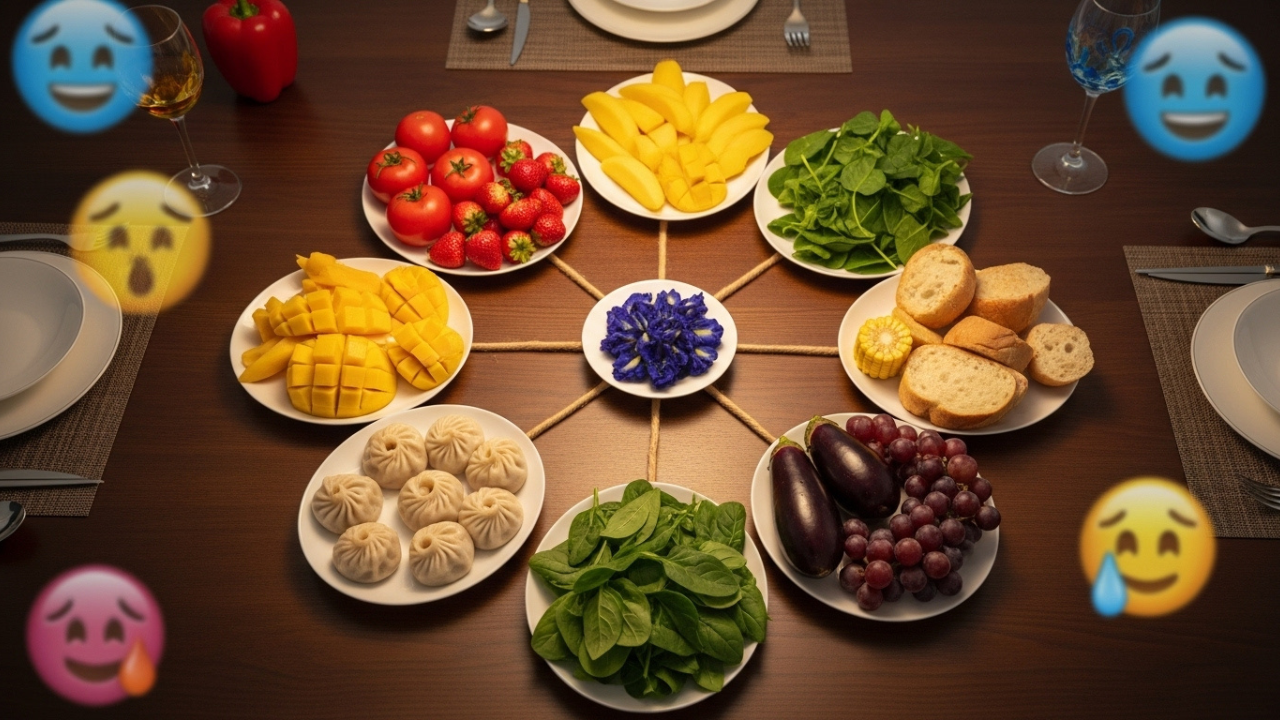

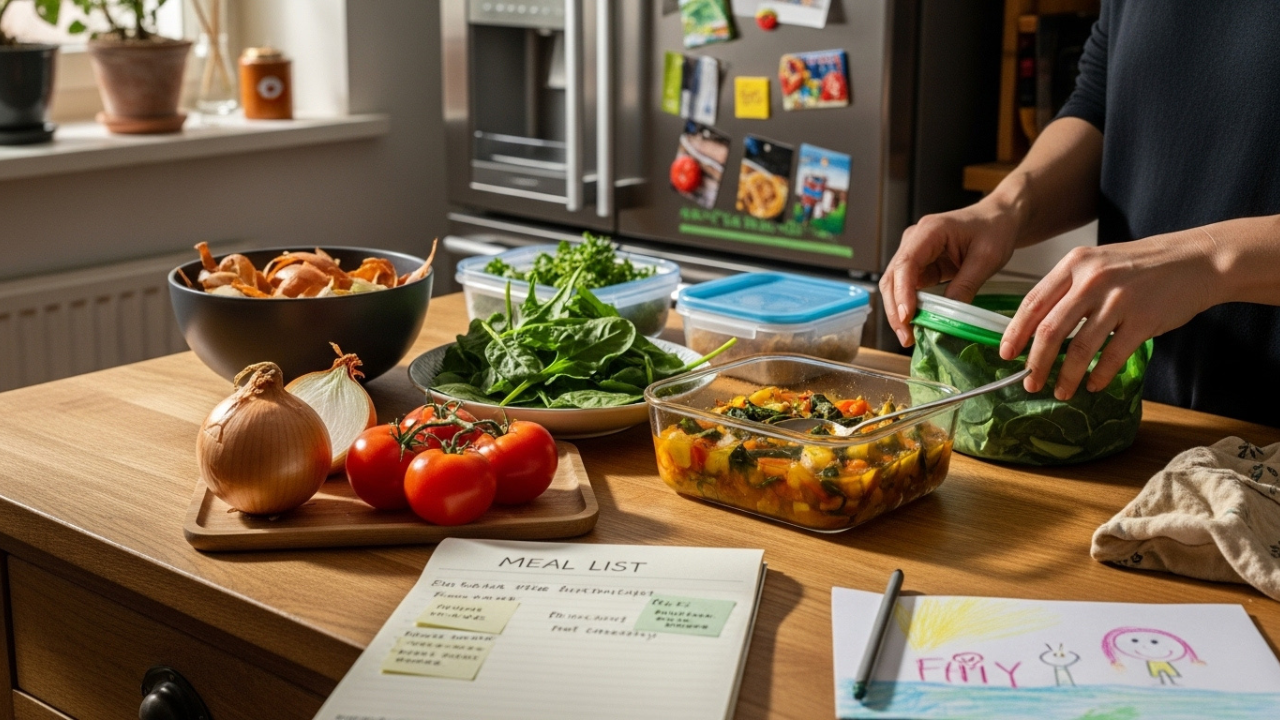
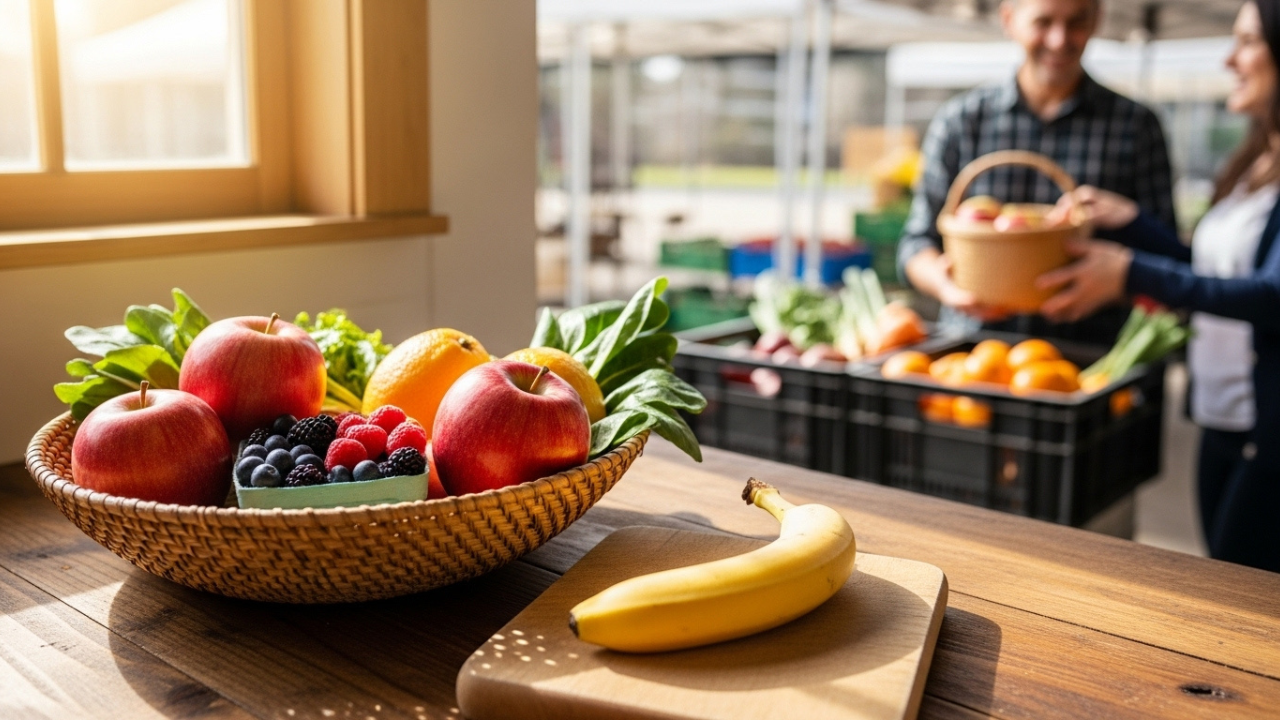
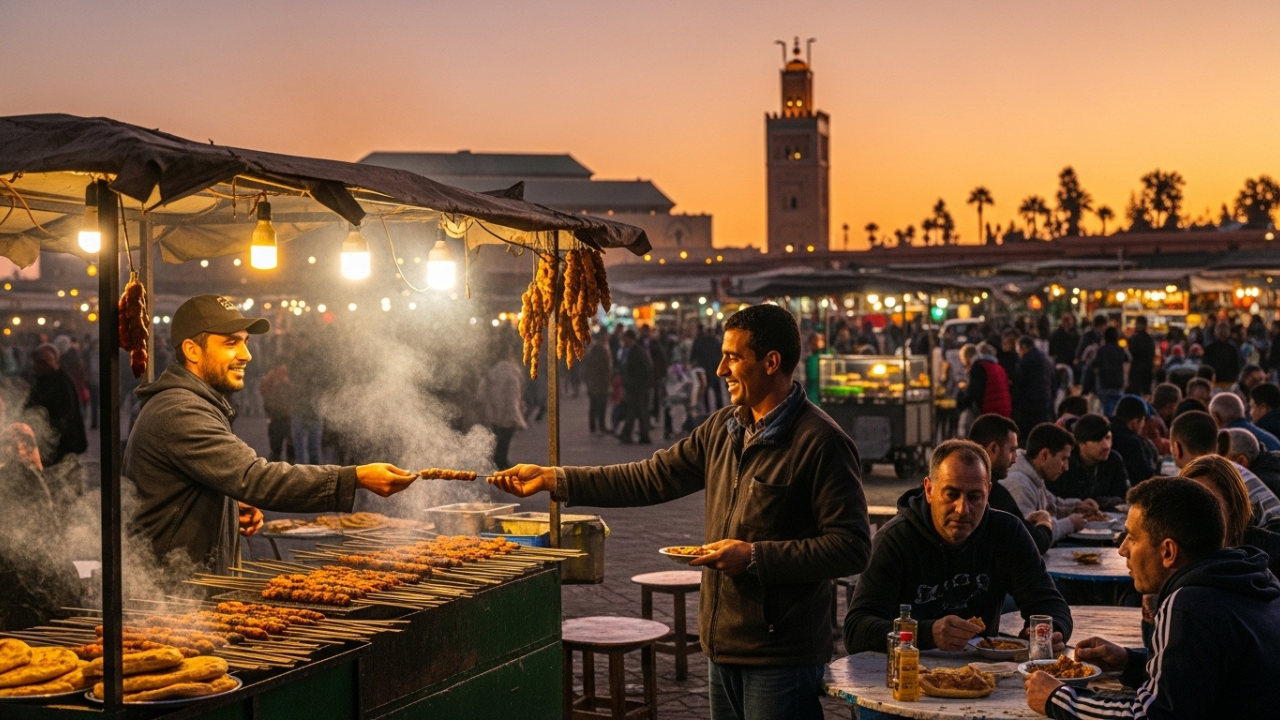

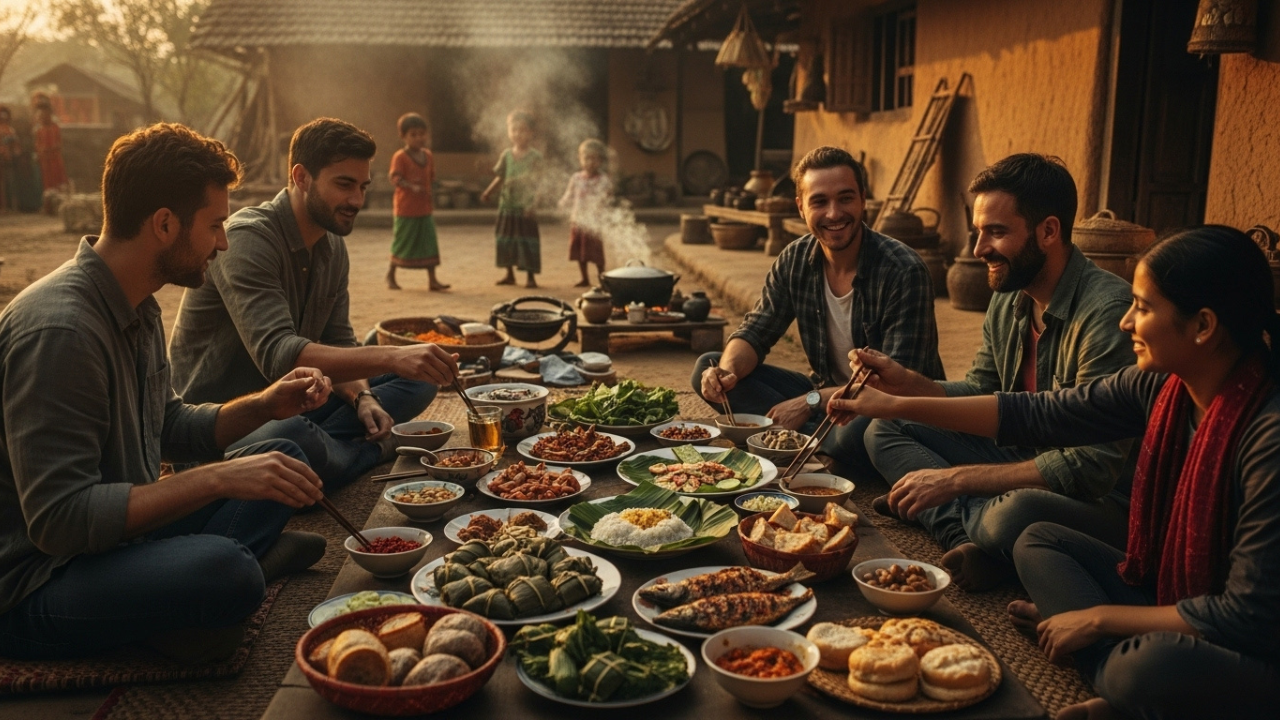
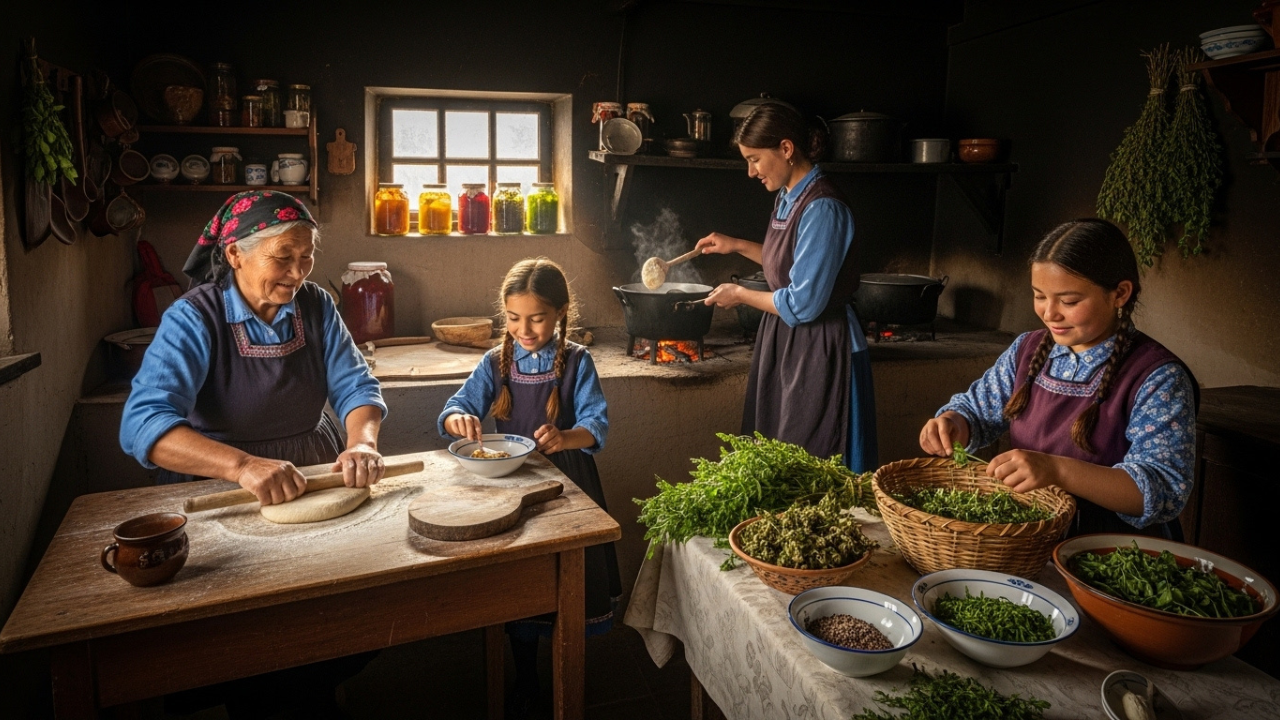
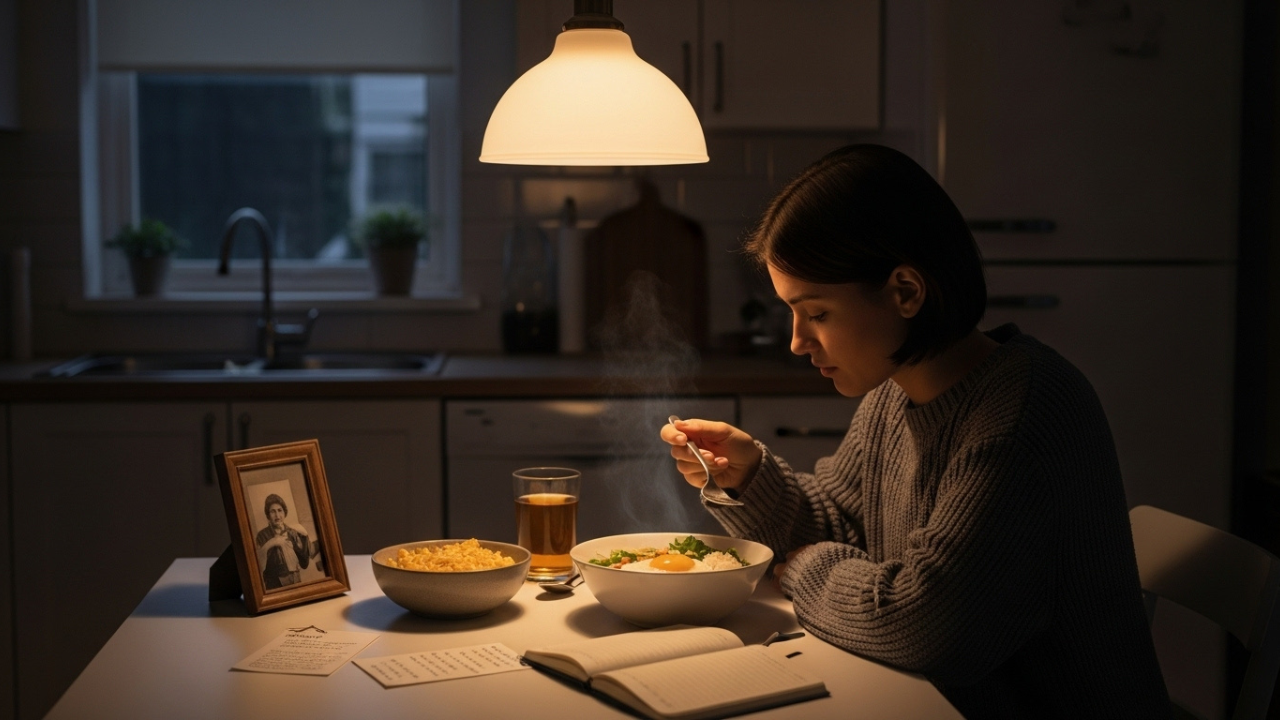

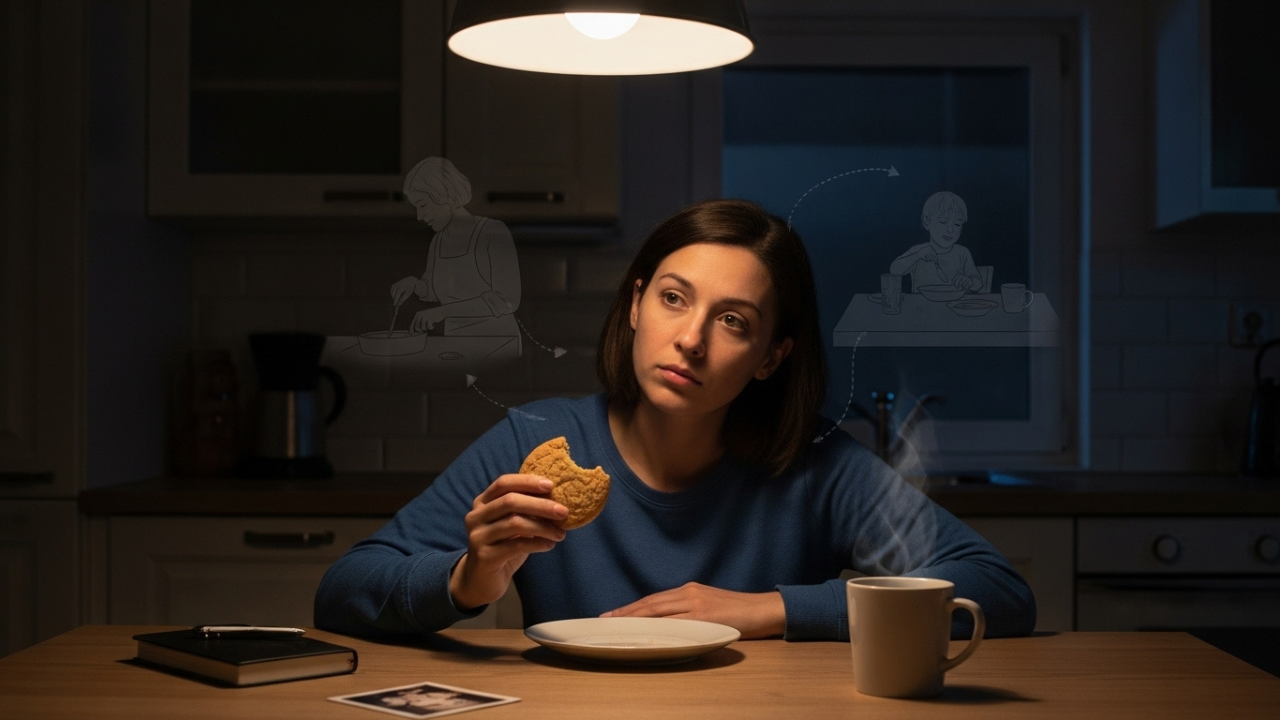
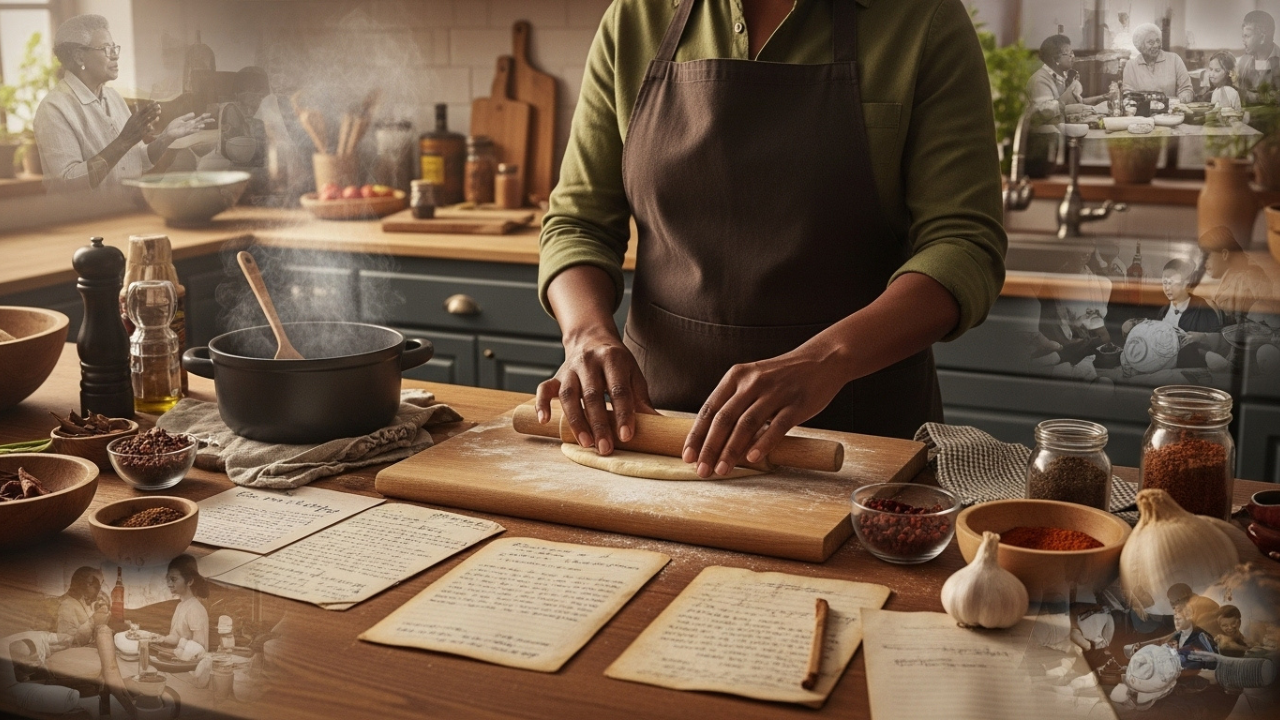
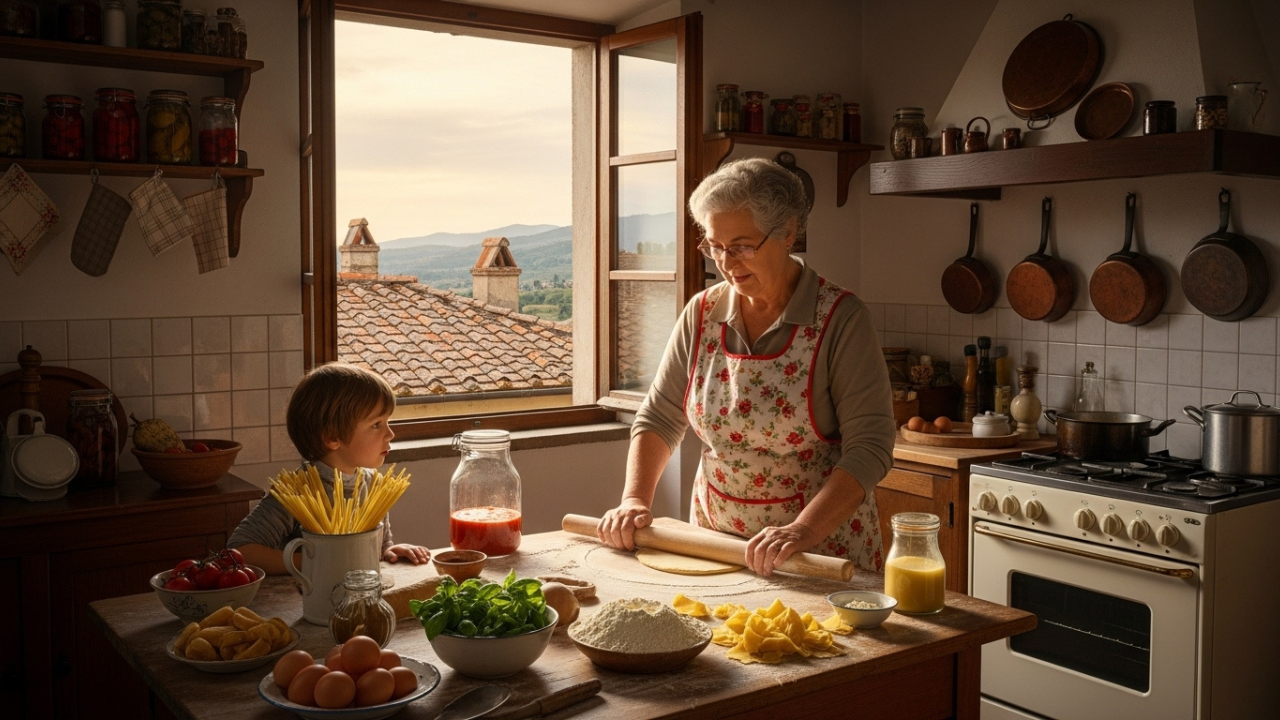

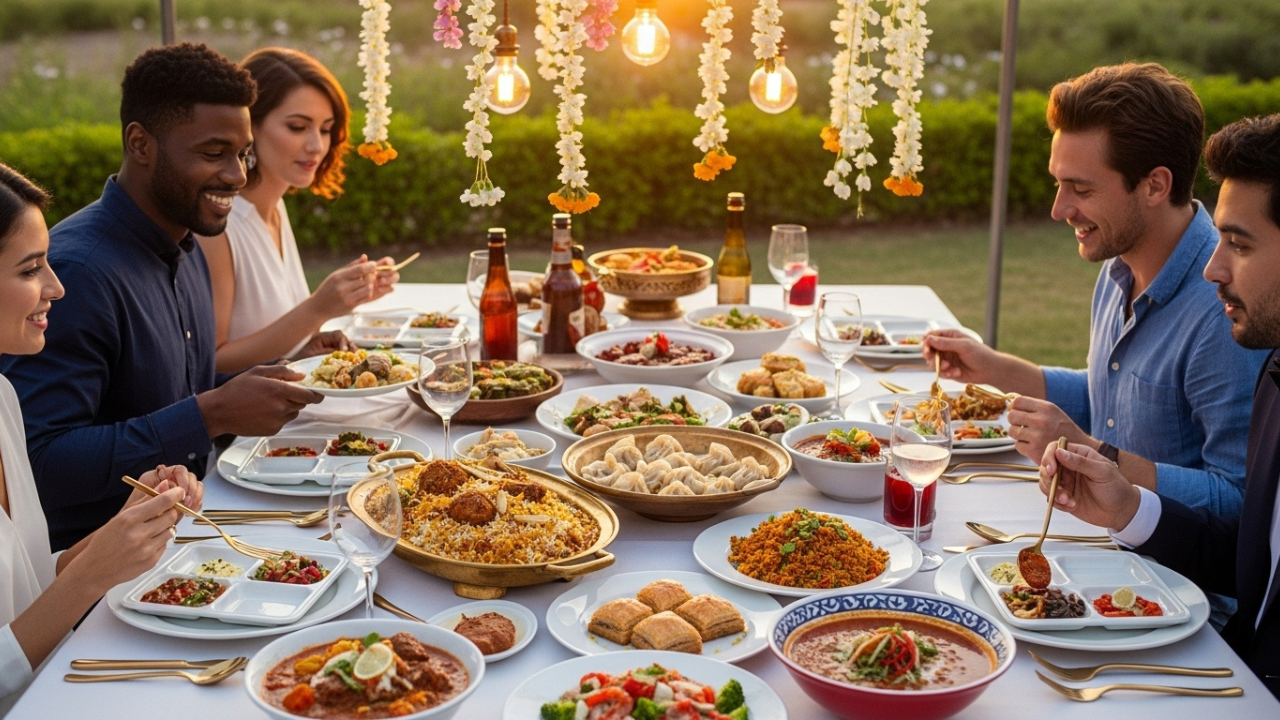


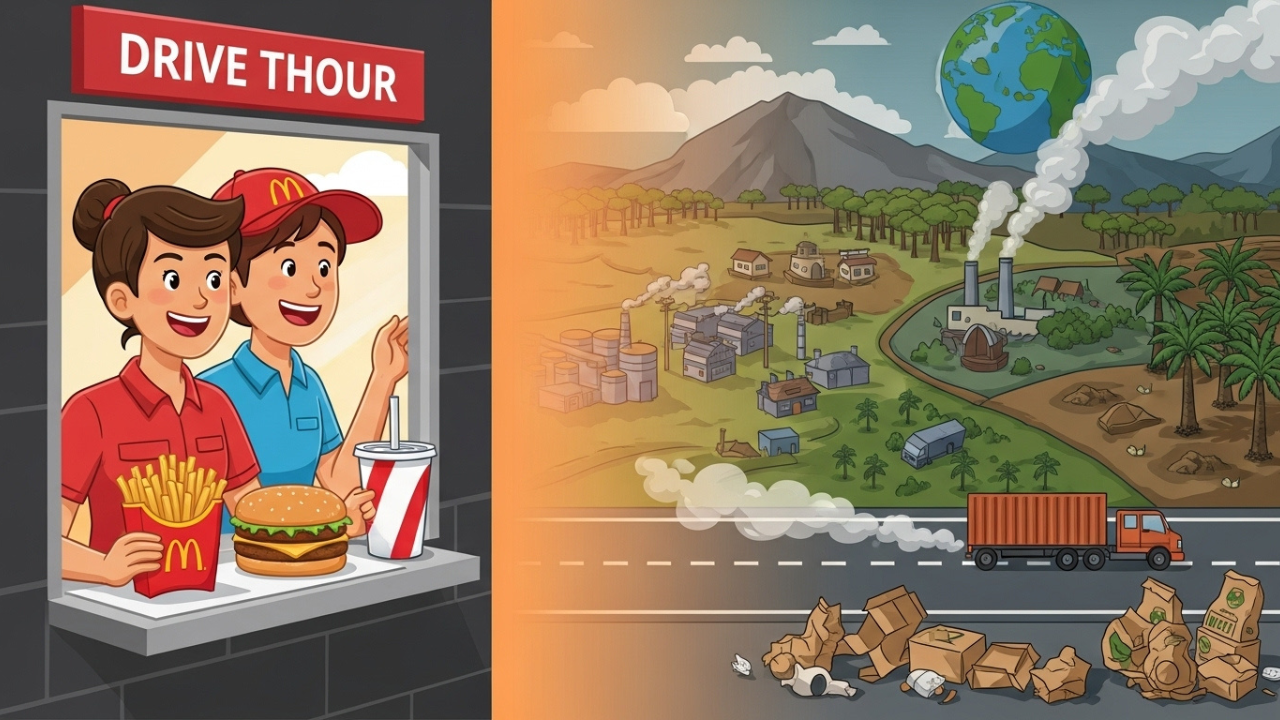
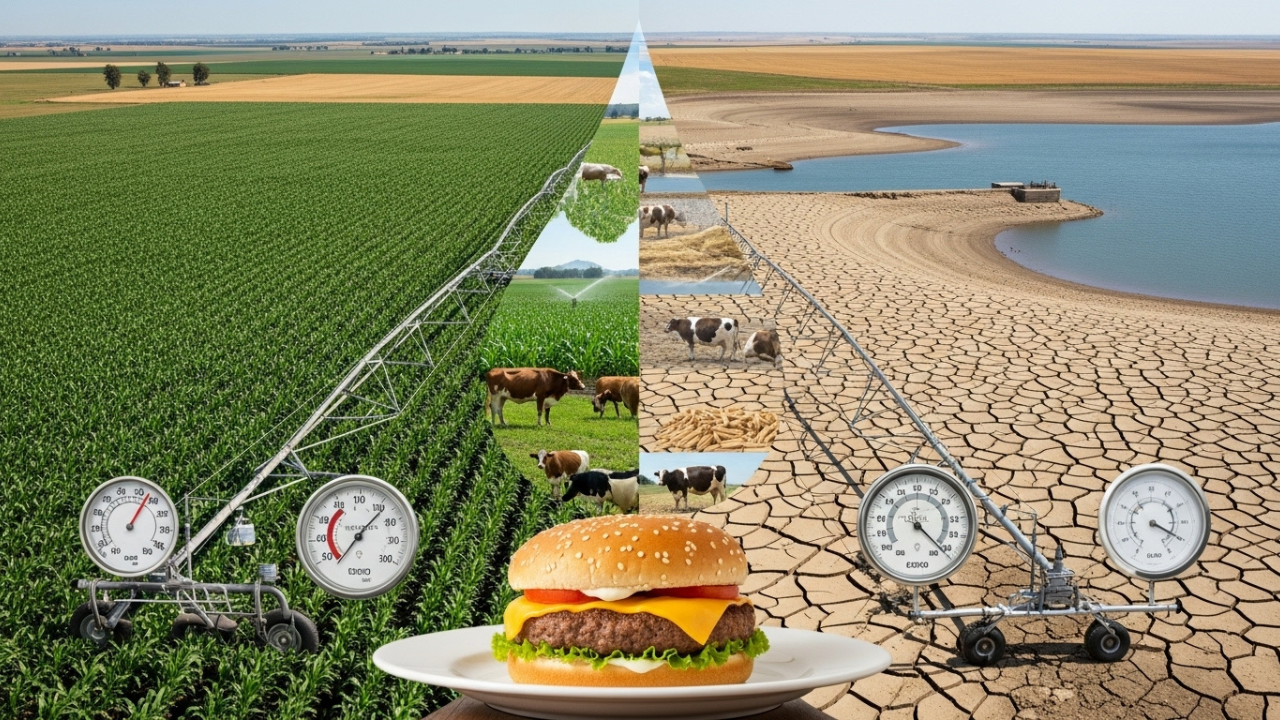
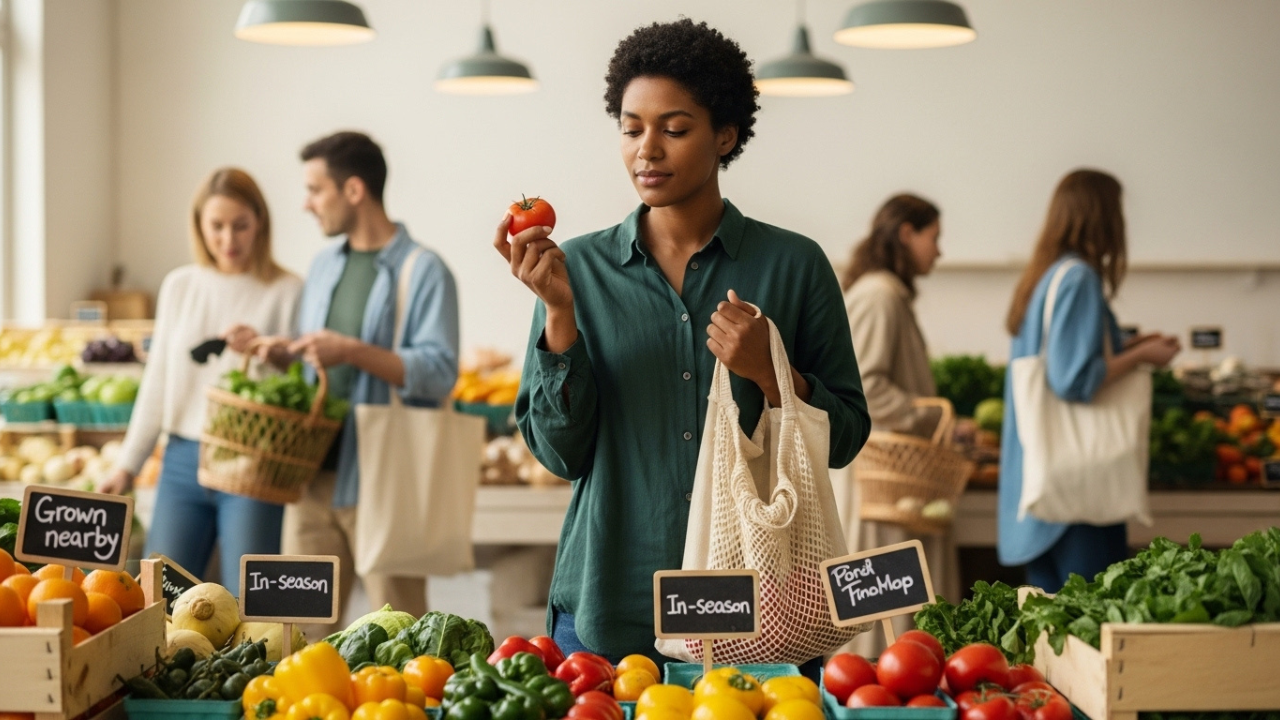
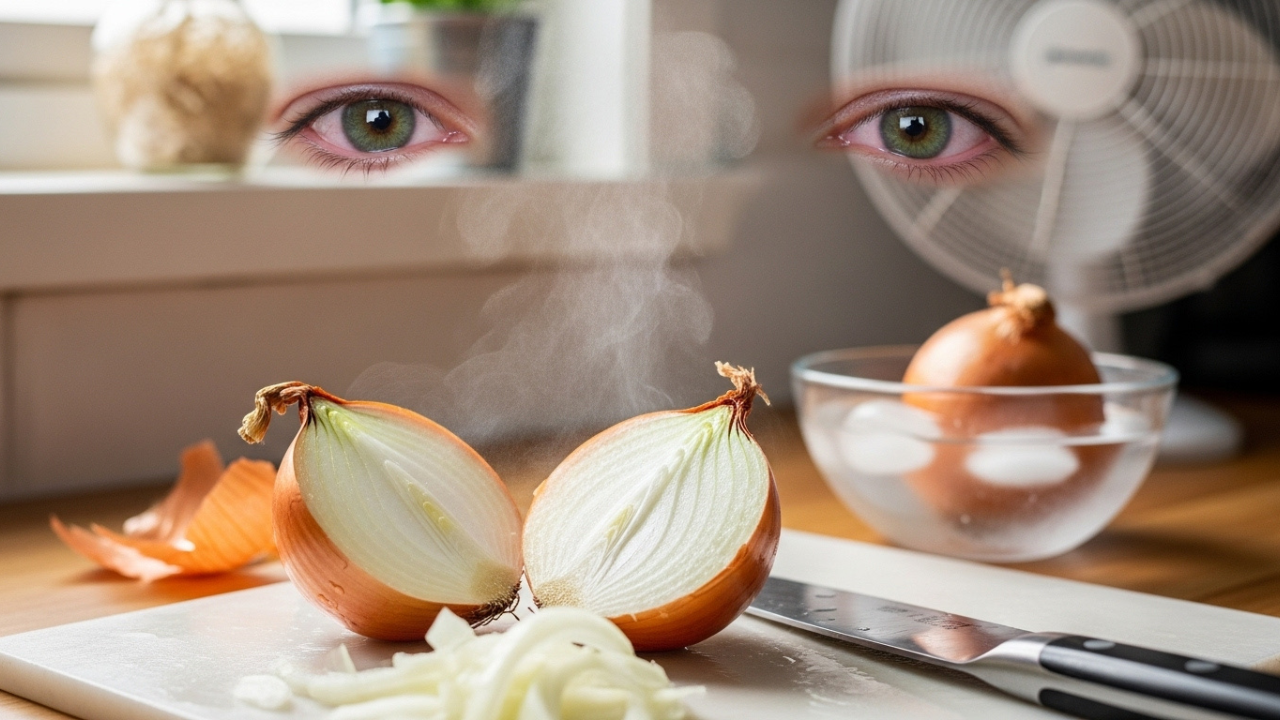
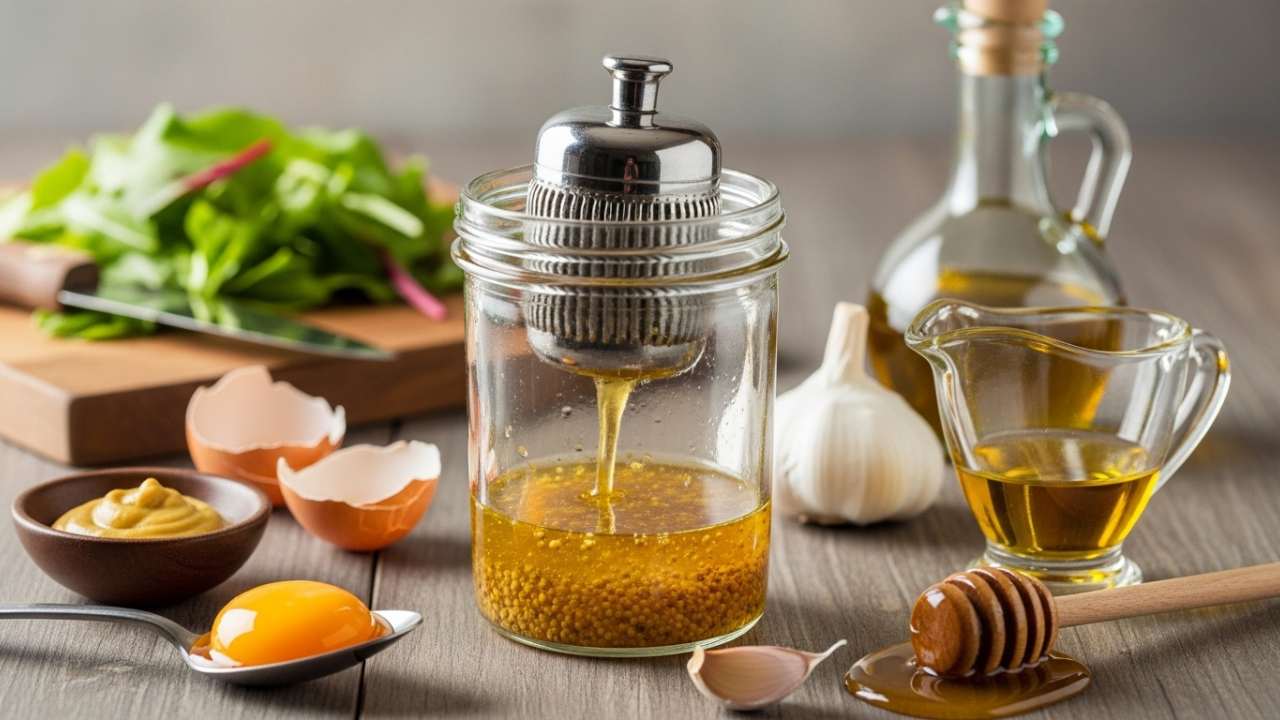
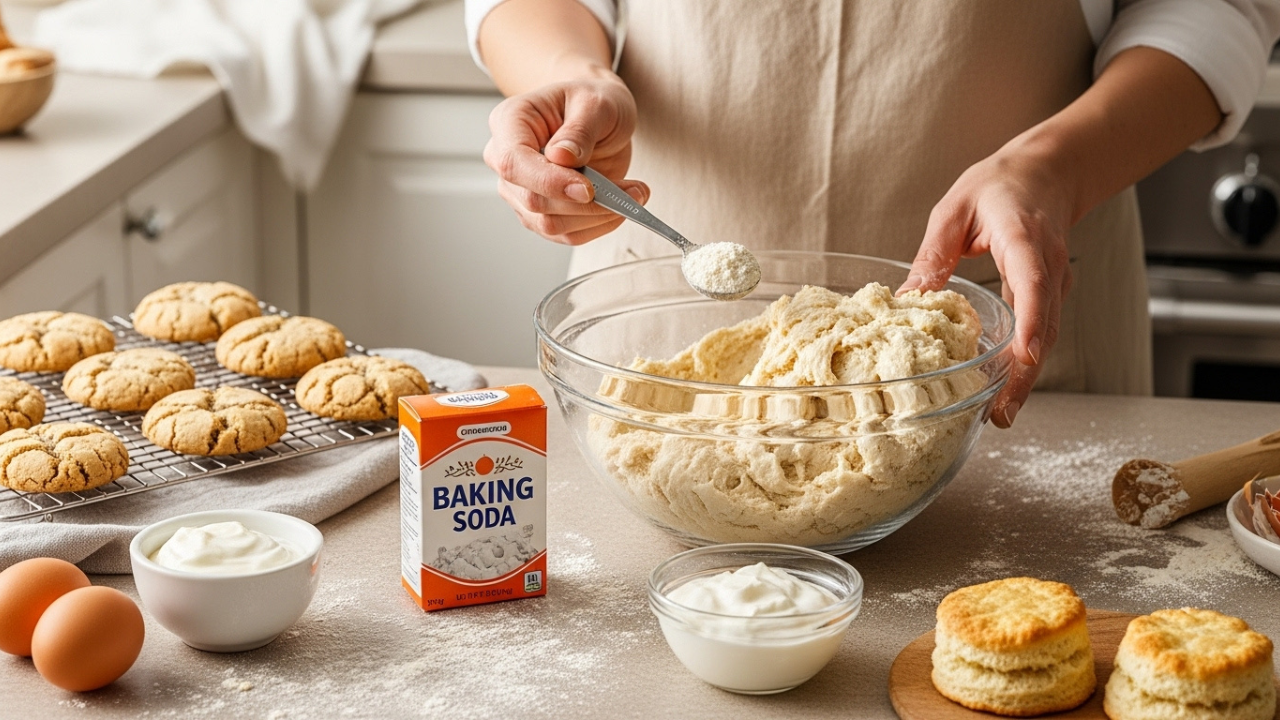
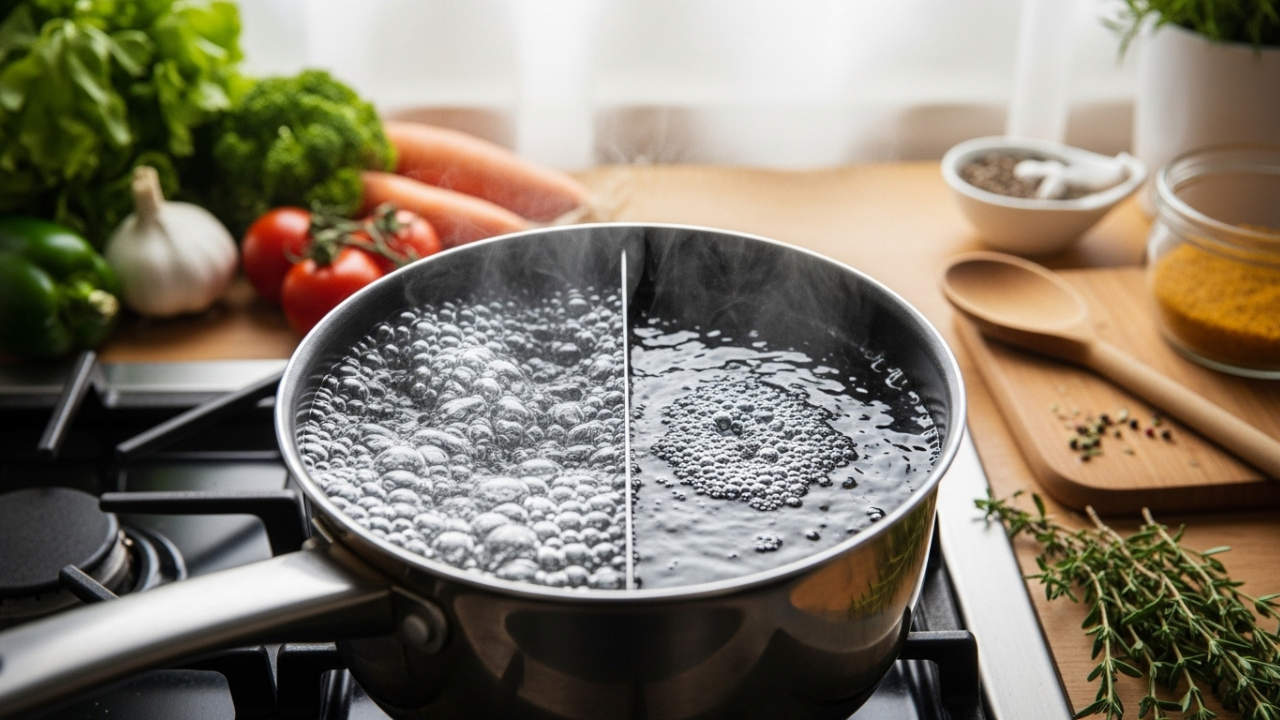

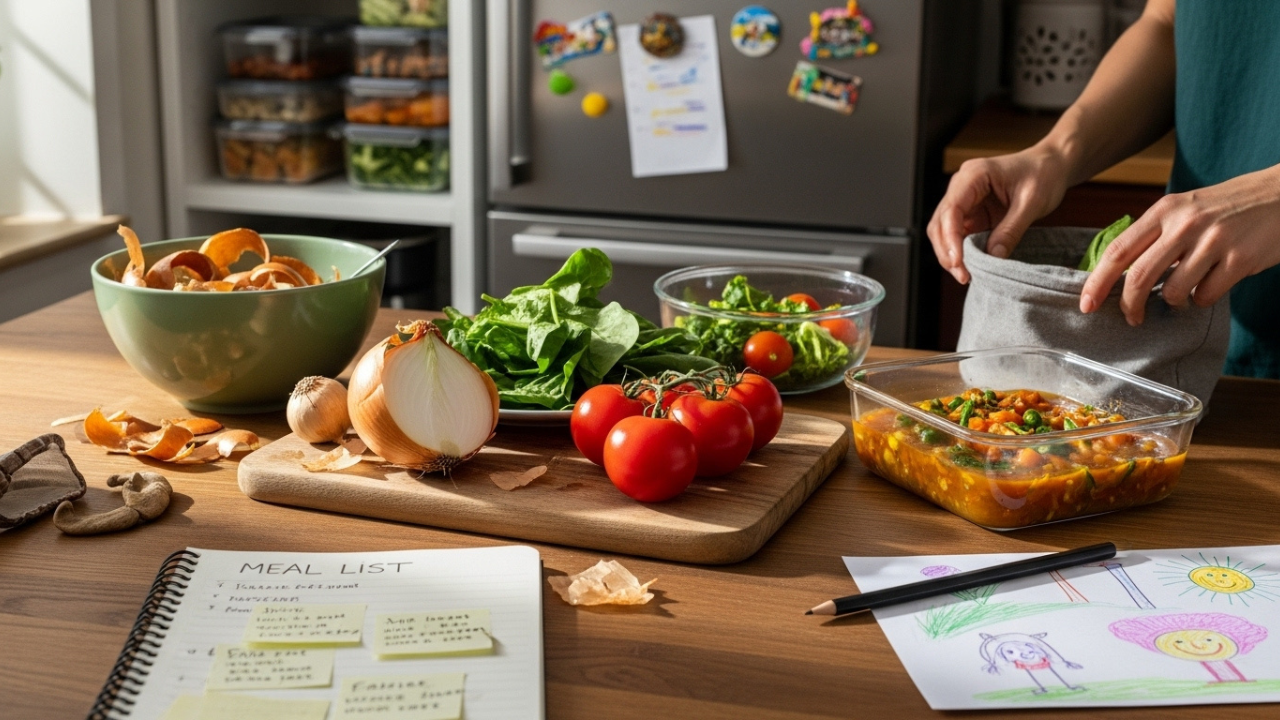
Leave a Reply